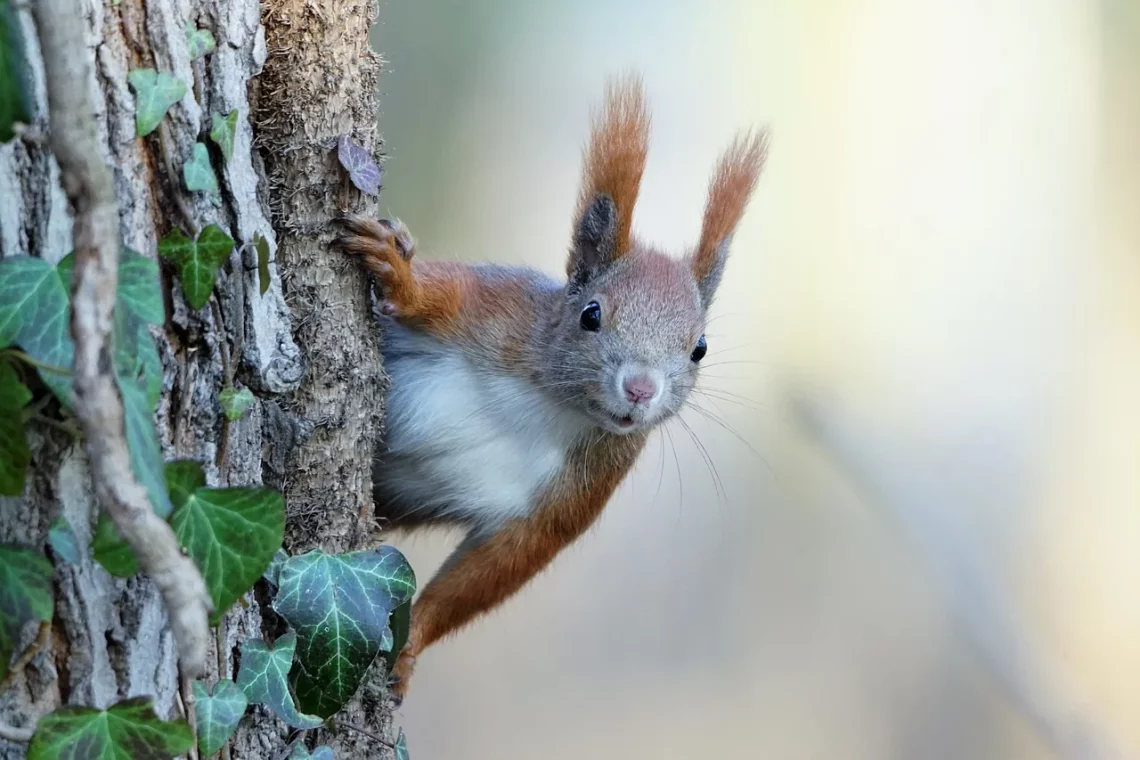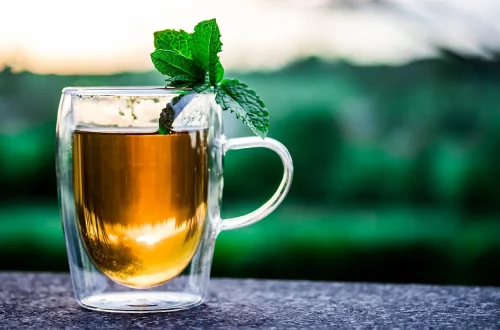
Effective Squirrel Protectors for Your Bird Feeders Explained
Birdwatching is a beloved pastime for many, providing an opportunity to connect with nature and observe the beauty of various avian species. However, one of the biggest challenges for bird enthusiasts is keeping their feeders stocked and accessible to the feathered friends they wish to attract. Squirrels, with their acrobatic skills and relentless determination, often pose a significant threat to bird feeders, raiding them for seeds and nuts and leaving little behind for the birds. This not only frustrates birdwatchers but can also deter birds from returning to feeders that have been compromised by pesky squirrels.
The struggle between bird lovers and squirrels is an age-old one, leading many to seek effective solutions to protect their feeders. Various products and strategies have been developed to mitigate this issue, ranging from physical barriers to more elaborate systems designed to keep squirrels at bay. Understanding the different options available can empower birdwatchers to create a more inviting environment for their avian visitors while minimizing the interference from these furry foragers.
In this article, we will explore a variety of effective squirrel protectors that can help safeguard your bird feeders, ensuring that your backyard remains a haven for birds.
Physical Barriers: The First Line of Defense
One of the simplest and most effective ways to protect bird feeders from squirrels is by using physical barriers. These can include various designs and materials that create obstacles, making it difficult for squirrels to access the food.
One popular option is a squirrel-proof feeder, which is designed with features that prevent squirrels from reaching the seeds. These feeders often have weight-sensitive mechanisms that close off access to the seeds when a heavier animal, like a squirrel, attempts to feed. This allows smaller birds to feed while keeping the larger pests at bay.
Another effective physical barrier is the use of baffles. Baffles are dome-shaped or cylindrical devices that can be installed above or below the feeder to block squirrels from climbing up or jumping down. They can be made from metal, plastic, or other durable materials, and when properly positioned, they create a significant hurdle for squirrels, who are not as agile when faced with a slippery or curved surface.
Additionally, placing feeders on tall poles equipped with squirrel baffles can greatly enhance their protection. It’s important to ensure that the poles are smooth and placed away from trees or structures that squirrels can use as launch pads. In some cases, a simple design change, such as hanging the feeder from a thin wire or chain, can deter squirrels, as they struggle to grip these surfaces.
Squirrel-proof feeders and baffles not only help protect the food supply but also contribute to the overall aesthetics of your garden. Various designs are available, allowing you to choose options that blend seamlessly with your outdoor decor while maintaining functionality.
Feeding Strategies to Deter Squirrels
In addition to physical barriers, modifying feeding strategies can help deter squirrels from raiding bird feeders. One effective approach is to choose specific types of birdseed that are less appealing to squirrels but still attractive to birds. For example, safflower seeds are a favorite of many birds but tend to be ignored by squirrels. Using these seeds can help reduce squirrel visits while still providing nourishment for your feathered friends.
Another strategy is to offer feeders that dispense seeds in a way that makes it less accessible to squirrels. Tube feeders with small feeding ports can be ideal, as they require birds to perch and reach for the seeds, while larger squirrels may find it challenging to access the food. Additionally, feeders that release seeds slowly, or require birds to work for their food, can help reduce the amount of seed available at any one time, making it less tempting for squirrels.
Another method involves strategically placing the feeders. Positioning them in open areas away from trees, fences, or structures can reduce the likelihood of squirrels jumping onto the feeders. The more accessible the feeder is, the more likely squirrels will find it. Creating a feeding station with multiple feeders can also help, as it allows birds to have options, potentially diverting attention away from feeders that are more easily accessible to squirrels.
Moreover, using squirrel-resistant feeders that have built-in mechanisms or designs that challenge squirrels can be a useful addition to your feeding strategy. These feeders typically require a specific sequence of actions from the birds that squirrels cannot replicate, allowing the birds to feed without interference.
Repellents and Deterrents: Natural and Chemical Solutions
While physical barriers and feeding strategies can be effective, some people may want to explore repellents and deterrents to keep squirrels away from their bird feeders. Various natural and chemical solutions can be used, each with varying degrees of success.
One popular natural repellent is cayenne pepper. Sprinkling cayenne pepper on birdseed can deter squirrels, as they dislike the spicy flavor. However, it’s essential to ensure that this does not affect the birds, as some may not mind the spice. It’s also wise to monitor how birds react to such additives; if they seem to avoid the feeder, it might be best to remove the spice.
Commercially available squirrel repellents often contain ingredients like pepper extracts or oils that can deter squirrels without harming birds. Applying these sprays to the feeder or surrounding areas can create a scent barrier that squirrels find uninviting. It’s important to reapply these repellents after rain or heavy winds to maintain their effectiveness.
Another option is to use motion-activated sprinklers or noise devices that startle squirrels when they approach the feeder. These can be effective in scaring away squirrels without harming them, while also helping to protect the bird feeder. However, it’s worth noting that some birds may also be startled by these devices, so careful placement and adjustments may be necessary.
Ultimately, while repellents and deterrents can provide additional layers of protection, they should be used in conjunction with physical barriers and feeding strategies for the best results.
Choosing the Right Feeder: A Key to Success
Selecting the right type of bird feeder is crucial when it comes to keeping squirrels away. Not all feeders are created equal, and some designs are inherently more resistant to squirrel interference than others.
Tube feeders, for instance, are typically long and narrow, making it difficult for squirrels to access the seed. They often have small openings that allow birds to feed while preventing larger animals like squirrels from getting a grip. Look for tube feeders made from sturdy materials that can withstand the elements and any potential squirrel efforts to break in.
Platform feeders, while popular for attracting a diverse range of birds, can be more challenging to protect from squirrels. If you prefer platform feeders, consider those with protective covers or barriers. Additionally, placing them on poles with baffles can help to deter squirrels.
Hopper feeders are another option, but they should be chosen wisely. Look for designs that have weight-sensitive mechanisms or those that can be mounted with baffles. Some hopper feeders come with features that allow birds to access food while keeping squirrels at bay, making them a great choice for those who want to attract various bird species without the interference of squirrels.
Ultimately, the key to success is to do thorough research and invest in quality feeders designed specifically with squirrel resistance in mind. While it may require an initial investment, the joy of watching birds feed undisturbed will make it worthwhile.
In conclusion, protecting bird feeders from squirrels requires a combination of strategies that include physical barriers, careful feeding practices, the use of repellents, and the selection of appropriate feeders. By implementing these methods, bird enthusiasts can create an inviting environment for their avian friends while minimizing the impact of pesky squirrels. With the right approach, your backyard can become a thriving haven for birds, free from the disruptive antics of squirrels.




